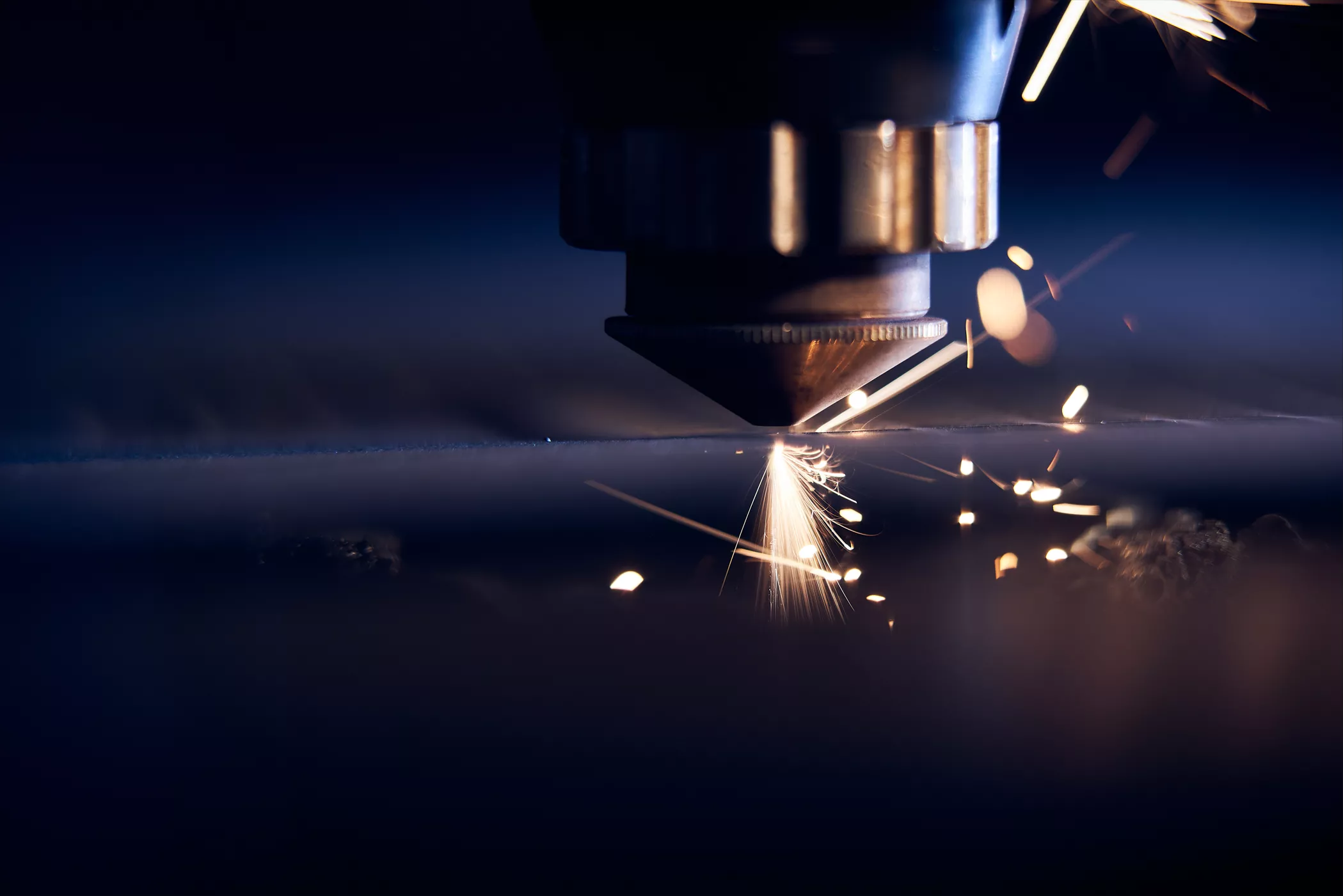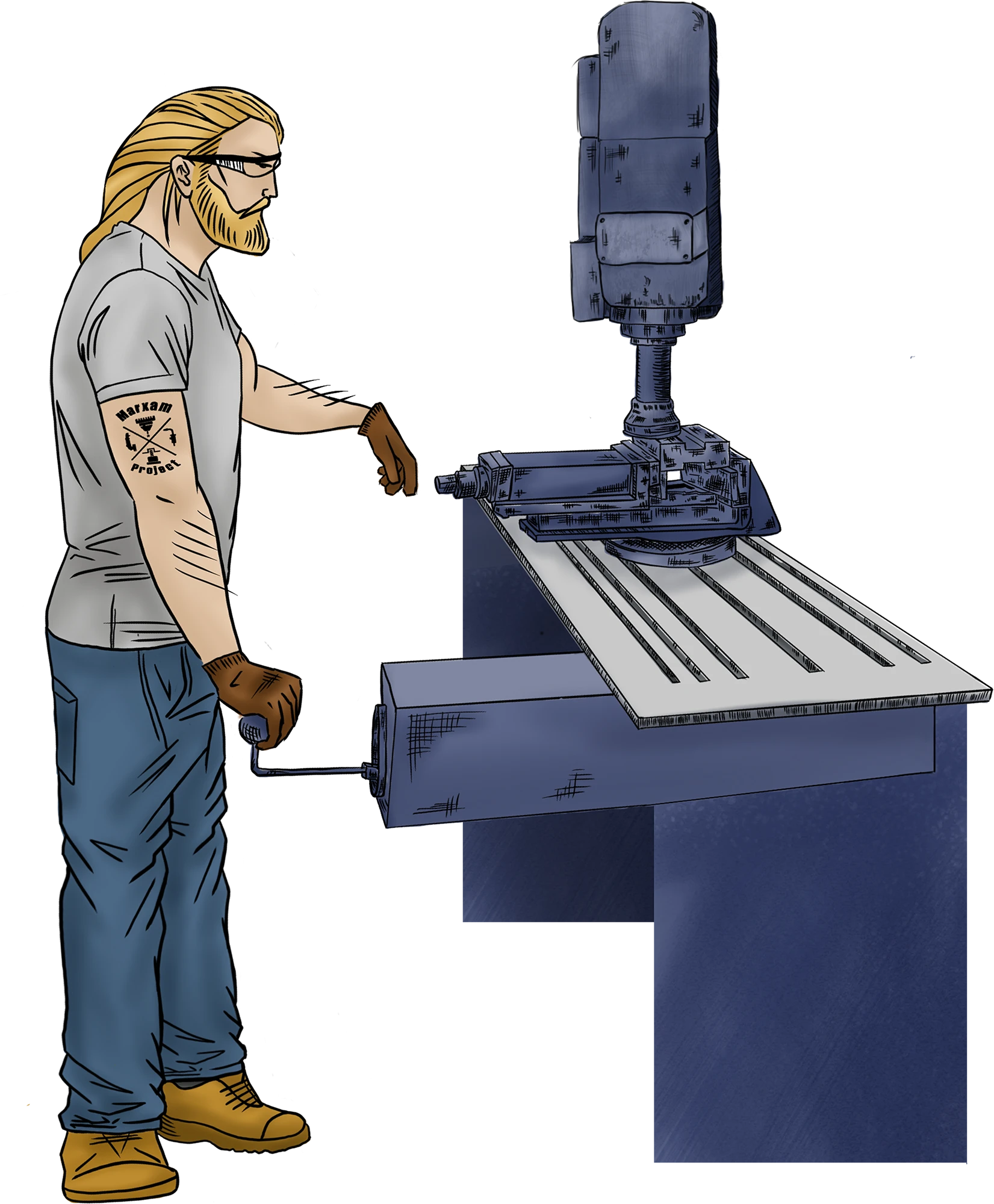Milling machinist is a person who must stand out with manual skills, precision, responsibility and patience. Teamwork is also very important, because the work performed by the miller is always a part of a larger production process.
In addition to the turning process, milling requires increased attention and rigorous observance of the basics of work safety – the specificity of work means that the lack of due caution may result in a dangerous accident.
Thanks to milling, things such as threads, profiles, grooves, spindles, gears can be created in materials such as metal, wood or plastic.
Turning and milling
machining
machining metal and plastic elements
Turning and milling
on conventional machines
Turning services and milling services are one of the basic methods of machining metal and plastic elements.
A park of conventional machines maintained in the highest accuracy class allows for the precision machining service – production of precise details in high tolerance classes for both larger and smaller production series.
do you need this service?


Machining metal and plastic elements.


Machining metal and plastic elements – CNC method.
machining metal and plastic elements
CNC turning
and CNC milling
Machining centers and CNC turning centers allow for steel turning, metal milling, aluminum milling and the production of single details and production series with difficult and complex shapes in the highest accuracy class.
do you need this service?
machining metal and plastic elements
Turning and milling
on conventional machines
Machining of metal materials, metal alloys or plastics is the basic method of metal processing classified as subtractive machining, which allows to obtain structural elements of specific shapes and number of details.
Conventional metal turning and conventional plate milling are fundamental methods of machining – Marxam Project encourages you to use the service of professional shaping of materials, which is carried out using high-class equipment in a modern machine park. Our lathe services allow for machining plates, metal sheets, milling steel plates and many more.
Conventional milling service - what is it?
Conventional milling service is, apart from turning operation, one of the main methods of machining metals, aluminum and steel alloys, wood or plastics. Conventional machines, commonly known as milling machines, are devices containing numerous blades for modeling appropriate shapes, sizes and properties during the production of a specific object. A conventional milling machine is recommended mainly for milling flat surfaces and producing elements of specific shapes, e.g. threads or gears or milling holes in metal.
The conventional milling process itself can be divided into several types. The first two are related to the arrangement of the blades in the milling machine and then cylindrical or shaped milling is distinguished. Another division criterion is the direction of movement of the cutting edge of the milling machine in relation to the material – then climb milling or up-cut milling are distinguished. In addition, the milling process can be divided according to the number of surfaces created during machining:
- full milling – three machined surfaces,
- incomplete milling – two machined surfaces,
- free milling (one-sided) – one machined surface.
What is conventional turning service and what is it about?
The conventional turning services, like conventional metal milling, is an extremely common method of machining metal materials, wood or plastics. While milling was recommended for flat surfaces, conventional turning is mainly used for spherical, conical or cylindrical objects (so-called solids of revolution). Therefore, the turning machining process works well when producing elements such as rings, threads, shafts or lead screws. What is worth mentioning, some components for machines responsible for machining (turning centers) can be made using conventional turning!
Conventional milling and conventional turning – application
Metalworking, which is the colloquial name of conventional turning and milling, are primarily suitable for making simple and single elements. An experienced operator of a conventional machine (industrial lathe) will complete a small job much faster than an automated device that requires careful programming. Conventional turning and milling are also suitable for small series production.
It should be mentioned, however, that conventional precision machining services are a very good way for various forms of modification of existing elements. Therefore, standard methods of turning and milling – using metal lathes – can be used to make corrections or simple repair work on damaged structural components, e.g. threads in screws, gearing of wheels or shaped surfaces.
Marxam Project encourages you to use the service of conventional processing of various materials. We carry out orders for various industries and on various scales – we are not afraid of performing work related to precise details.
machining metal and plastic elements - cnc method
CNC Turning
and CNC milling
Turning and milling services are the basic methods of machining various materials. However, conventional machining is time-consuming and, in addition, does not guarantee a high level of repeatability in the case of series production.
Therefore, Marxam Project encourages CNC turning and milling to take place in our plant. Thanks to the use of modern machines, CNC milling services and CNC turning services ensure a high class of accuracy of the machining process.
CNC machine turning and CNC machine milling - turning and milling for the 21st century
CNC machine milling and CNC machine turning are not very different from those performed with the help of conventional machine tools, which allow you to model appropriate shapes by removing excessive amounts of material. The essence of the CNC lathe machining process is the use of devices fully controlled by computer software. By entering the appropriate data and setting the appropriate parameters of the entire process, the machining is performed, which is characterized by:
- impeccable precision,
- high repeatability,
- minimizing the risk of material loss,
- the possibility of obtaining various shapes.
CNC turning centers make the process of manufacturing elements subject to maximum automation. As a result of planning the appropriate tasks, materials are processed with extreme care for the necessary details, maximum efficiency and unbelievable speed. Reducing the time needed to complete an order means reducing inputs and costs, which in turn means customer satisfaction.
CNC turning - what is it and when is it used?
Machining by CNC turning is used to model materials in order to obtain elements in the shape of spherical solids, e.g. cones, spheres or cylinders. CNC technology is also recommended for making items with complex geometry. CNC turning can be internal or external – the use of this method of machining is useful for the production of e.g. joints of underwater pipelines, medical screws used in orthopedics, push rods, car engine piston pins or lever axles.
The main types of turning are: face turning and longitudinal turning.
CNC milling - what is it and when is it worth using?
Machining called CNC milling is used to model flat and shaped surfaces (e.g. grooves, gears, threads) and to modify objects, e.g. to give them the appropriate dimensions, roughness or to create the necessary details in them. Also where precision milling is required.
There are many CNC milling techniques:
- full,
- oblique,
- frontal,
- incomplete,
- full 3D,
- casual,
- circumferential,
- concurrent,
- counter-rotating.
Each of the techniques is characterized by a different location of the cutter axis in relation to the material being processed and the number of surfaces produced. Machining centers easily cope with this type of task. It can be used in cnc metal milling, cnc aluminum milling and many more.
What materials can be used for CNC turning and milling?
The machining process is quite clearly associated with metals and their alloys. However, in practice, CNC turning and milling processes can be used without any problems in other materials, e.g. steel turning, aluminum milling, metal turning plastics and even wood. Thanks to this, machining using modern CNC devices (cnc lathe tooling) is recommended in various industries, including automotive, manufacturing, electronic, aviation, furniture, construction, technological or plumbing and sanitary.
Marxam Project has experience in working with companies operating in many different industries, which guarantees the possibility of implementing various projects. We encourage you for business cooperation in the field of small and large serial productions.

